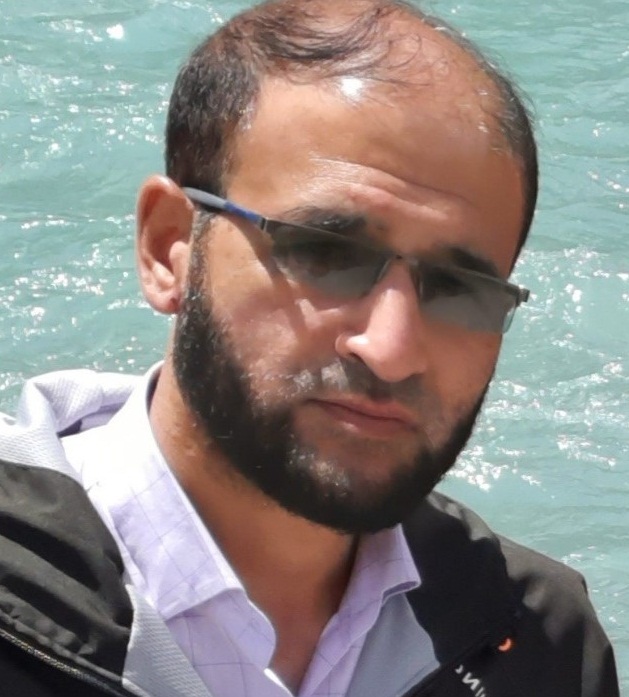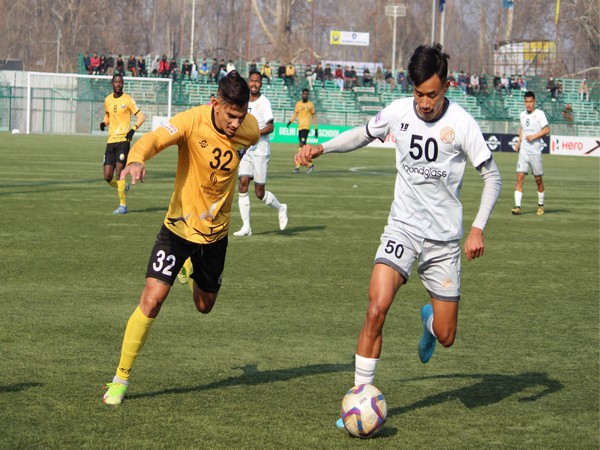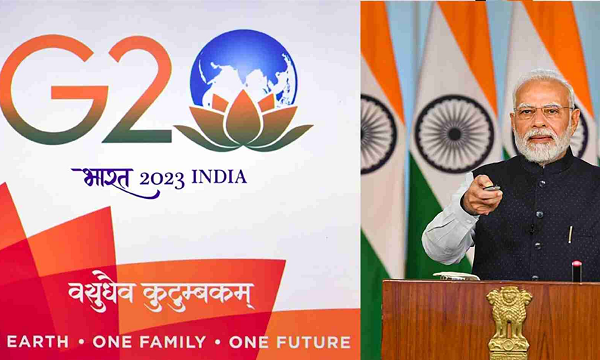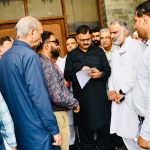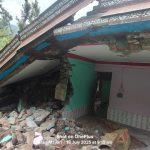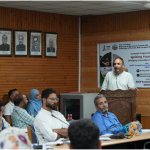“Allah doesn’t love that evil should be noised abroad in public speech, except where injustice has been done; for Allah is He Who hears and knows all things,” declares the Qur’an in verse 148 of chapter 4. The verse clearly indicates that injustice couldn’t and shouldn’t be tolerated silently. And, for the eradication of injustice God has Himself allowed the person wronged to raise the voice and “raise it quite loudly and in public!” It means that the “announcement of injustice” made public shouldn’t fall on deaf ears of the society. Instead, when the alarm bell is rung, the society should never respond like a mute spectator by letting the unjust enjoy impunity and by giving the wronged and oppressed doses of advice for being patient (sabr). Be it noted here that patience (sabr) is indeed a “way of life” but patience also includes the defense of one’s self respect, property and person (life) against all injury and abuse.
Since society is a web of relationships woven by the warp and weft of family members, relatives and neighbours, therefore, each part has to be reasonable and considerate for making the society thrive in every respect. The Prophet Muhammad (SA‘AS) as the organizer of society on the principles of justice and equity, has emphasized the role of each section of the society for the establishment of an harmoniously cohesive society. In this regard, it is reported that the rights of the neighbour were so overwhelmingly emphasized to him by Arch-Angel Jibra’il that he feared that neighbours might be made partakers of one’s inheritance. Moreover, “one whose neighbour is not safe from his misdeeds is not a believer,” (Sahih al-Bukhari) said the Prophet (SA‘AS). And, when a person exhibits indifference towards his neighbour, all charm of life fades away. This is what (perhaps) the poet laureate of the last Mughal king, Khwaja Muhammad Ibrahim Dhauq has said:
Agar umeed na hamsayah tou khana-i yas
Bahisht hai hamain aram-i jawidan kai liyai
That is, “one’s home turns into an abode of disappointment if the neighbour shows indifference (rudeness, injustice); yes, Paradise (after this life) is for our eternal peace (to erase the traces of the harm done)!”
The Prophet Muhammad (SA‘AS) advised a person, wronged by his neighbour, to “protest” against him by taking out his belongings on road so as to expose his cruelty which would work as a deterrent in future. As such, cruelty should never be taken easy if human beings, individually and collectively, want to live a wholesome life. However, the cruelty, abuse, crime and injustice perpetrated against a “particular section” of our society inside our homes go almost unnoticed. This “particular section” amounts to more than 50% of the total population of our society. In unambiguous terms our womenfolk (with exceptions indeed) is traumatized day in and day out by “us!” This “us” are “we,” the men of all hues, colours, vocations, bearings and professions! Never do we ponder upon the fact that women are as “unique, novel and different” in personality and psyche as are men. Hardly are men concerned about their “ambitions” to externalize their latent potential which is in no way inferior to men.
Actually, we, as men, start with a wrong corollary, although strange to our socio-cultural ethos, that all moral chaos emerges from the person of woman, as if she is a “born sinner!” That is why the platforms that mean, announce, and announce it quite emphatically, that our mothers, sisters and daughters (maji bani ti kouri) don’t behave in a normal way. By saying so, we usually forget that “it takes two to tango” (tali aik hath sai nahin bajti)! This doesn’t, however, mean that moralizing should be stopped. What is meant here is that this practice should be based on the Qur’anic wisdom which takes a holistic view of any such situation where checks and balances are required for the reformation of the society. In this regard, the “gaze away” principle of the Qur’an should be applied which treats men and women on equal footing. “And say to the believing men that they should lower their gaze and guard their modesty.……. And say to the believing women that they should lower their gaze and guard their modesty…” says the Qur’an (24:30-31).
The Qur’an nourishes the moral aspect of the human personality in a unique way. As the moral ideal is achievable for both men and women, the Qur’an not only throws it open for both but encourages both to achieve it. Thus goes the Qur’anic advice in this regard: “For Muslim men and women, for believing men and women, for true men and women, for men and women who are patient and constant, for men and women who humble themselves, for men and women who give in charity, for men and women who fast (and deny themselves), for men and women who guard their chastity, and for men and women who engage much in Allah’s praise,- for them Allah has prepared forgiveness and great reward.” (33:35) This moral and spiritual ideal could have been achieved with ease had all the socio-religious institutions been open for the womenfolk as well because no institution save the masjid (mosque) has had been so powerful for the spiritualization and sanctification (tazkiyyah) of the society!
As such, the women of our society remain “detached followers” of the socio-religious norms because they don’t synchronize (exceptions do exist) with these norms emotionally, psychologically and collectively. Thus it becomes hard for them to show any resentment (not to talk of daring to challenge) any injustice which is done in the guise of a social norm. It is at this juncture that abuse turns into rejection and the ultimate result is violence against women. And, unfortunately it is this violence which we witness these days from every direction of the Valley in different forms. Gone are the days when mostly the in-laws used to be the perpetrators of this violence. Now-a-days fathers have also joined these crimes against their daughters and brothers have also become the partakers of these acts. Recently, a son (reportedly) also took up daggers against his mother!
By and large, men, it seems, collectively don’t empathize with women whenever they “protest” against any of such acts before the Press Enclave or in front of any District or Tahsil headquarters. Alas! such “protests” have become a new normal like the ones which again the women hold during the summers against the PHE (for water) and in winters against the PWD (for electricity)! When the “representational protest” fades away after “thirty odd minutes,” everything becomes normal and we collectively socialize at the ‘wazwan’ and other social gatherings discussing the “global human rights scenario” and leaving everything vis-à-vis the women for the Day of Reckoning when God will ask these brutalized women: “When the female (infant/innocent) buried alive, is questioned –For what crime she was killed?” (Qur’an, 81:08-09) Aren’t we more Ignorant than the Arabs of the Arab Jahiliyyah? Can we wash hands of justice vis-à-vis the womenfolk?
(The author is Assistant Professor Islamic Studies at GDC Kokernag. Email: [email protected])


